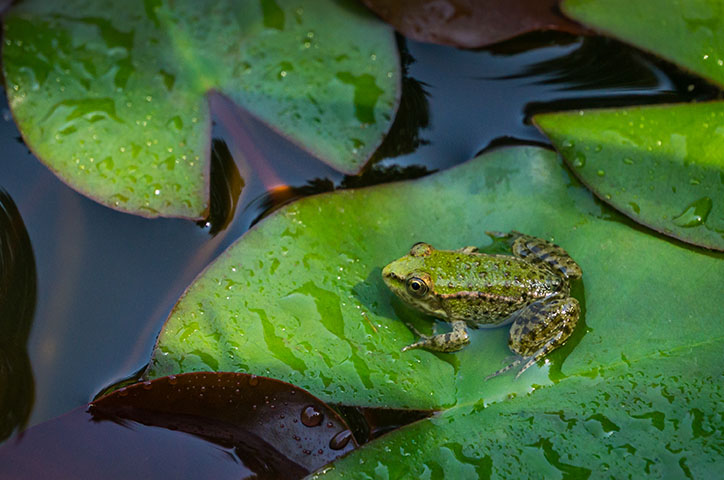

A habitat is the place where an organism lives. It includes the physical environment, such as the soil, water, and air, as well as the other living things that share the space.
For example, a fish's habitat is the ocean. The ocean provides the fish with the water it needs to survive, as well as food and shelter from predators.
Other animals have different habitats. A bird's habitat might be a forest, a tree, or even a birdhouse. A snake's habitat might be a desert, a grassland, or a swamp.
The habitat of an organism is important because it provides the things the organism needs to survive.
Conservation efforts are underway to protect and restore habitats.

Noun: habitat.
Adjective: habitat-forming.
Verb: habitate.
The word "habitat" comes from the Latin word "habitare", which means "to dwell" or "to live". The Latin word is thought to be derived from the Proto-Indo-European root "ghabh-", which also means "to dwell" or "to live".
What is a habitat?